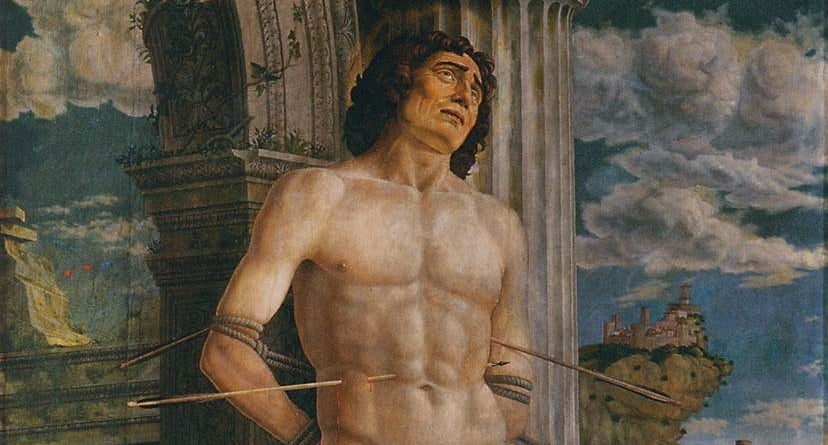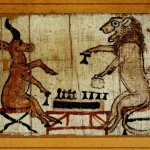
I am thankful Rod Dreher took up my piece “Why Doesn’t Holy Mother Russia Remain Orthodox?” in his “Orthodoxy, Catholicism, and the State.”
The following passages from Dreher’s post pick up on themes I thought about addressing in my original piece but left hanging instead:
Well. I can agree with Rosman that the “Murray Project” — broadly speaking, the idea that one can be both a good Catholic and a good American — is dead, or at least on its last legs. And I agree with them that this might well be good for the faith, in the sense that it will separate out the people for whom the faith really matters from the casual Catholics and other Christians. What is coming will be clarifying for us all, but I’m not sure we should be altogether pleased by it.
That said, I don’t believe that Russia is a good example from which to draw this conclusion. The Russian Orthodox Church endured 70 years or more of intense persecution, probably the worst in all of Christian history. It is a miracle that Christianity survived at all in Russia. I do not like the entwining of Church and State in Russia today, but I doubt very much that that has much to do with the woebegone state of the Christian belief there. What nation, and which peoples, could have suffered something so grotesque and unremitting, and have bounced back so quickly?
He continues with:
Did persecution strengthen the Catholic Church in France? I can’t see that it did. There has been no meaningful religious persecution in England in at least two centuries, but the faith — Protestant and Catholic alike — is in very serious trouble there. Something else is going on. Whatever it is, I share Rosman’s wish that the Catholic bishops and other prominent Christian leaders would stop drinking the Kool-Aid and start speaking out, and preparing their people for long-term endurance.
If the French and Russian persecutions decimated their respective churches then which one of these descriptions is more apposite?
1) Could it be that Tertullian and the Early Church were wrong about the salutary effects of martyrdom and what they wrote was mostly propaganda as Candida Moss has suggested in The Myth of Persecution?
This is an important question because, as Robert Royal showed in The Catholic Martyrs of the 20th Century, we’ve recently passed through a period that can claim the most martyrs of any time–it doesn’t seem to be ending either.
Shouldn’t we be seeing the benefits of these pesecutions instead of a drop in Catholic numbers in Europe and the States?
2) Conversely, if semen est sanguis christianorum is correct, then could the fault somehow lie with the witness of the French and Russian churches?
Alec Vidler’s The Church in an Age of Revolution comes close to something like this conclusion.
These are pressing questions and I’m afraid I don’t have any answers for now.
However, I do know that the Polish Church emerged from its period of wartime and postwar martyrdom stronger than it had ever been. That is, only to have that victory eroded by a total capitulation of the reborn Polish nation-state to American Neo-Conservative designs for Poland’s economic future. It’s too bad Poles ignored the warnings of Wyszynski and Wojtyla.
Martyrdom or not, will capitalism, with the help of the state, bury us all in the grave of consumerism?
I suppose that’s a third question I have for Rod Dreher.
See also: Prominent Polish Prelates and the Poisonous Fruit of Unbridled Capitalism and The Polish Lesson: From Communism to Solidarity to Capitalism.











